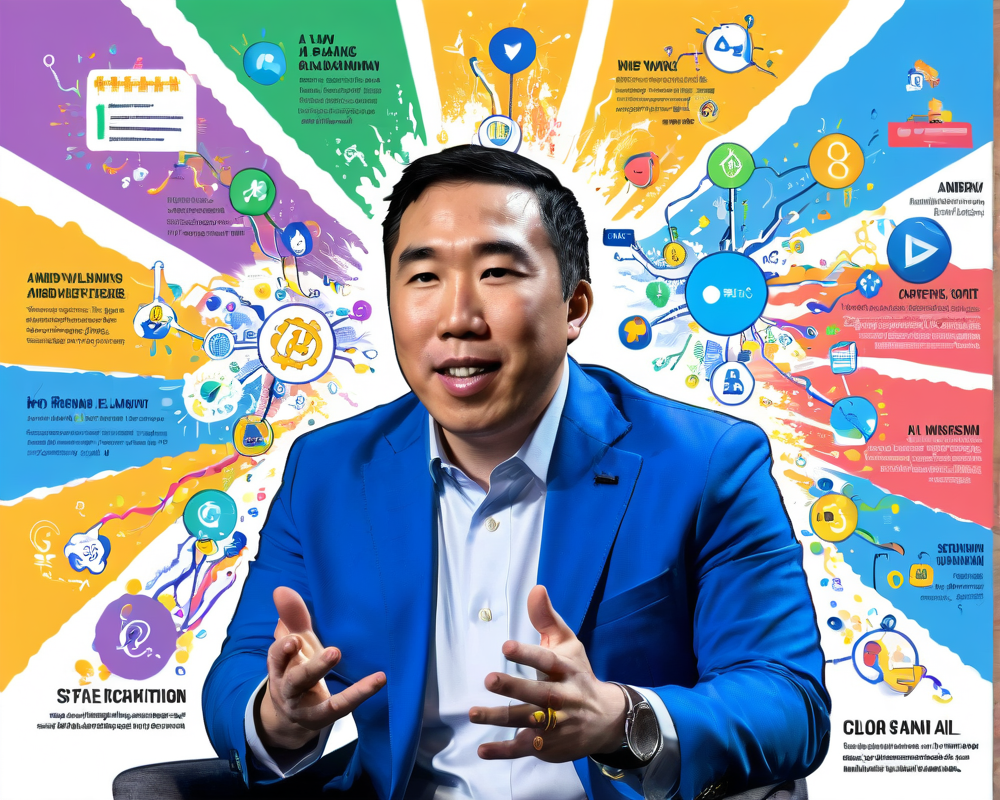A Glimpse into Yang’s Vision
Andrew Yang, known for his candidacy in the presidential and New York mayoral races, didn’t mince words at the North American Blockchain Summit (NABS) held in Fort Worth, Texas. He proclaimed himself an unwavering supporter of ‘smart money’ and ‘smart currencies,’ yet couldn’t help but lament the current state of blockchain and Web3 in the U.S.
The Blockchain Conundrum
Yang highlighted a worrying trend: the perception that blockchain technology is failing to deliver. “Unfortunately, what they see in the news is just Sam Bankman-Fried and FTX,” he noted, showing concern over how negative headlines can eclipse the technology’s potential. He emphasized the need for positive use cases to restore public trust. For instance:
- Blockchain for transparent voting processes, allowing voters to cast ballots safely via mobile devices.
- Using blockchain to address socioeconomic issues, as he declared, “We have not scratched the surface of what these tools can do to combat poverty.”
Navigating the AI Landscape
Turning his focus to artificial intelligence, Yang cited a need for clearer U.S. policies. “Our regulation is fairly limited, maybe even incoherent,” he said, which is a bold statement from someone who’s seen the inner workings of both politics and technology. He joined 2,600 tech leaders in supporting a moratorium on advanced AI training, echoing his concerns against rushing headlong into uncharted, potentially perilous territories.
AI’s Political Implications
Yang didn’t stop at regulations; he painted a vivid picture of AI’s influence on politics. His prophetic words about the impact of deepfakes underline how misuse of technology can trigger market volatility. “You saw a deep fake of the Pentagon on fire, and the markets moved on that,” he quipped, hinting at the chaotic dance between tech and politics.
Regulatory Gaps and Legislative Slowdowns
Despite the urgency of AI and blockchain, Yang expressed frustration with the U.S. legislative process, likening it to a ship adrift. “Let’s wait until the fiasco happens, and then we’ll have hearings about it afterwards,” he remarked. Given that existing regulations like Section 230 predate giants like Facebook, Yang fears U.S. lawmakers may be asleep at the wheel as Europe forges ahead with AI legislation.




